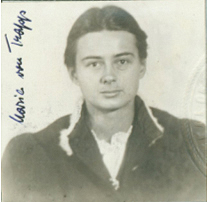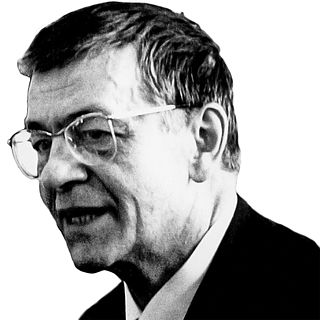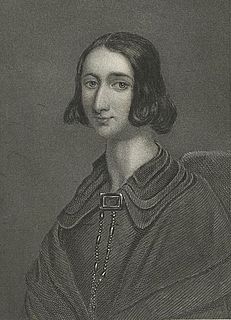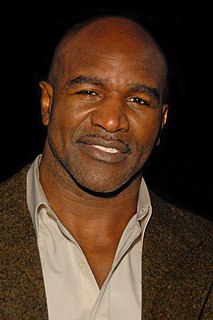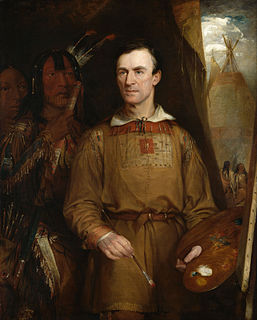A Quote by Rod Serling
If you write, fix pipes, grade papers, lay bricks or drive a taxi - do it with a sense of pride. And do it the best you know how. Be cognizant and sympathetic to the guy alongside, because he wants a place in the sun, too. And always...always look past his color, his creed, his religion and the shape of his ears. Look for the whole person. Judge him as the whole person.
Related Quotes
The things I connected with Zurich about were that he is a selfless person; he wants the best for everybody. He wants to see everybody win. And he's a strong person. A lot of the time, he doesn't wear his emotions on his sleeve because he wants to stay strong for his line brothers, his family, his mom, everybody. I feel like I can relate to that.
The grief of a child is always terrible. It is bottomless, without hope. A child has no past and no future. It just lives in the present moment - wholeheartedly. If the present moment spells disaster, the child suffers it with his whole heart, his whole soul, his whole strength, his whole little being.
We're all so clogged with dead ideas passed from generation to generation that even the best of us don't know the way out We invented the Revolution but we don't know how to run it Look everyone wants to keep something from the past a souvenir of the old regime This man decides to keep a painting This one keeps his mistress He [ pointing ] keeps his garden He [ pointing ] keeps his estate He keeps his country house He keeps his factories This man couldn't part with his shipyards This one kept his army and that one keeps his king
Uriah looked better than he did an hour ago--he washed the blood from his mouth, and some of the color returned to his face. I'm struck, suddenly, by how handsome he is-- all his features are proportionate, his eyes dark and lively, his skin bronze-brown. And he has probably always been handsome. Only boys who have been handsome from a young age have that arrogance in their smile. Not like Tobias, who is almost shy when he smiles like he is surprised you bothered to look at him from the first place.
A buddha laughs too, but his laughter has the quality of a smile. His laughter has the feminine quality of grace. When an ignorant person laughs, his laughter is very aggressive, egoistic. The ignorant person always laughs at others. The contented person, the person who knows life a little, laughs at himself - at the whole play of life itself. It is not addressed to anybody in particular. He just laughs at the absurdity of it all... the impossibility of it all.
I became simply a pair of eyes, staring through my mask at Char. I needed no ears because I was too far off to hear his voice, no words because I was too distant for speech, and no thoughts - those I saved for later. He bent his head. I loved the hairs on the nape of his neck. He moved his lips. I admired their changing shape. He clasped his hand. I blessed his fingers. Once, the power of my gaze drew his eyes.
The master in the art of living makes little distinction between his work and his play, his labor and his leisure, his mind and his body, his information and his recreation, his love and his religion. He hardly knows which is which. He simply pursues his vision of excellence at whatever he does, leaving others to decide whether he is working or playing. To him he's always doing both.
The main thing about Bruce Lee is that, he was a little guy. And you know, his quickness, his aggressiveness, his explosive power, you have to be a great athlete to have all these, his body, his look, you know, all these things have to do with discipline and structure. He was able to go against the biggest guy, regardless of who he was.
A man's real faith is never contained in his creed, nor is his creed an article of his faith. The last is never adopted. This it is that permits him to smile ever, and to live even as bravely as he does. And yet he clings anxiously to his creed, as to a straw, thinking that that does him good service because his sheet anchor does not drag.
One of man's important mistakes, one which must be remembered, is his illusion in regard to his I. Man such as we know him, the 'man-machine,' the man who cannot 'do,' and with whom and through whom everything 'happens,' cannot have a permanent and single I. His I changes as quickly as his thoughts, feelings and moods, and he makes a profound mistake in considering himself always one and the same person; in reality he is always a different person, not the one he was a moment ago.


